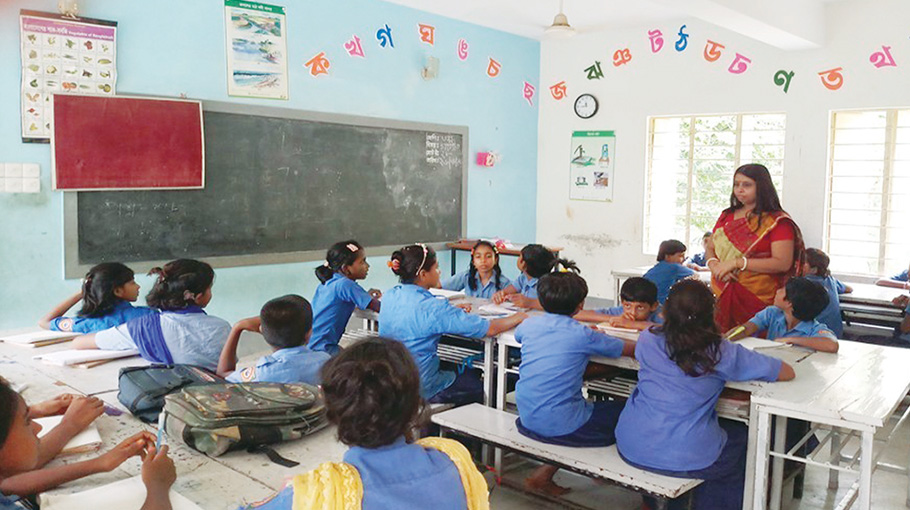Govt to extend free primary schooling up to 8th grade

The government has announced the extension of free primary schooling up to grade eight. This decision aligns with the National Education Policy of 2010, aiming to curb school dropouts and child marriages while ensuring a better standard of education.
The initiative, driven by the Ministry of Education, is part of a broader plan to meet the Sustainable Development Goals (SDGs). Under this scheme, the government is committed to providing lower secondary education either free of cost or at minimal expenses.
Education in Bangladesh has a rich history, with formal primary education dating back to 1854. Since then, successive governments have endeavored to enhance literacy rates. The current move echoes the constitutional guarantee of universal and compulsory free primary education since 1972.
However, recent assessments have highlighted concerns about the quality of education, particularly at the primary level. Despite numerical progress in literacy rates, many students lack basic reading, writing, and analytical skills, posing challenges for higher education.
To address these issues, the Ministry of Education, in collaboration with the Ministry of Primary and Mass Education, aims to focus on providing quality education at no cost. Plans include extending free education and tutoring programs to grades six, seven, and eight in thousands of primary schools within the next three years.
Experts have welcomed the government's initiative, emphasizing the importance of improving education quality from an early age. They stress that enhancing educational standards is crucial for developing skilled human resources and ensuring the nation's future prosperity.
Education Minister Barrister Mohibul Hasan Chowdhury Nowfel reaffirmed the government's commitment to achieving a completely free education system up to the secondary level in line with the SDGs. Despite challenges such as economic constraints and dropout rates, the government remains dedicated to realizing this vision for a brighter educational landscape in Bangladesh.





